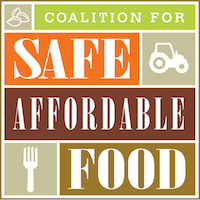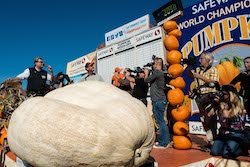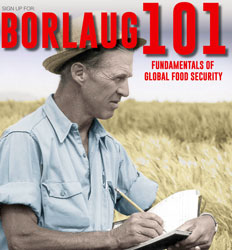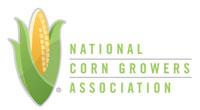 The U.S. Department of Agriculture (USDA) is giving $3 million in grants to address critical issues affecting agriculturally-important plants and animals. This news release from the agency’s National Institute of Food and Agriculture (NIFA) says the science developed from these grants will provide timely assistance and have an immediate impact for the agriculture community. The awards were made under the Agriculture and Food Research Initiative’s (AFRI) Critical Agricultural Research and Extension (CARE) program.
The U.S. Department of Agriculture (USDA) is giving $3 million in grants to address critical issues affecting agriculturally-important plants and animals. This news release from the agency’s National Institute of Food and Agriculture (NIFA) says the science developed from these grants will provide timely assistance and have an immediate impact for the agriculture community. The awards were made under the Agriculture and Food Research Initiative’s (AFRI) Critical Agricultural Research and Extension (CARE) program.
“It is essential to promote partnerships between researchers, extension experts, and producers to ensure the success of American agriculture,” said Sonny Ramaswamy, NIFA director. “The CARE program is centered on the swift identification of problems, creation of solutions, and prevention of interruptions or issues that impact farmers’ ability to provide a safe and abundant food supply for our nation.”
Fiscal year 2014 is the first year NIFA has made awards under the CARE program. Examples of what these grants will focus on include a project from the University of Georgia that is researching disease management practices for blueberries, particularly addressing the currently unknown life cycle time of the damaging Exobasidium leaf and fruit spot disease. An Extension project from Montana State University will be working directly with cattle producers to adopt sagebrush grazing techniques for their cattle that create a sustainable environment for the greater sage-grouse.
The AFRI Foundational Program addresses six priority areas to continue building a foundation of knowledge in fundamental and applied food and agricultural sciences critical for solving current and future societal challenges.
The list of schools and grant amounts is available here.












